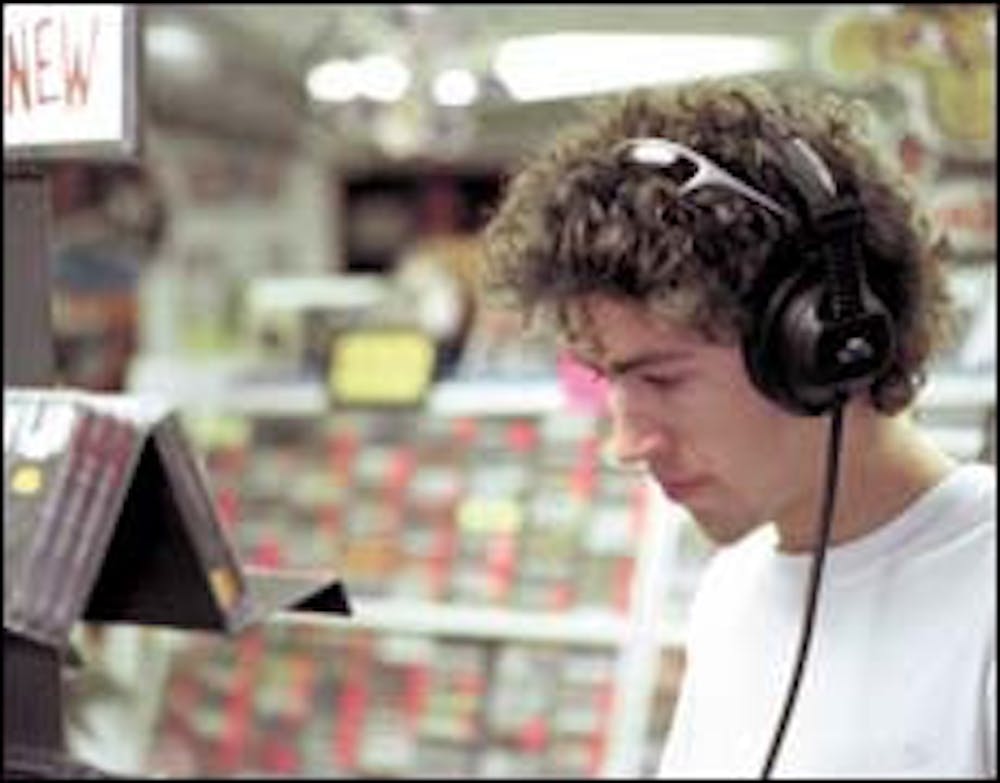The recording industry has blamed music file transferring for a decrease in sales, but one on-campus business owner said the past two months have been his store's most successful.
Steve Wiley, owner of Hoodlums New and Used Music in ASU's Memorial Union, said he disagreed with the Recording Industry Association of America's charge that prosecuting music consumers for sharing music files would reclaim profits.
Wiley and his partner, Kristian Luce, opened Hoodlums in 1998, when Napster, the well-known media downloading program, was being used by millions of music fans.
Wiley, a member of the Coalition of Independent Music Stores, said September 2003 receipts showed Hoodlums' highest revenue to date. Second place: October 2003.
"We kind of fly in the face of the basic music business perception of file sharing and downloading," he said.
The U.S. Senate organized a Permanent Subcommittee on Investigations in late September to consider music industry concerns through a series of hearings.
"Basically, they kind of just set up the testimony to tell them what they wanted to hear ... with the record store owner, and the head of the MPAA (Motion Picture Association of America) and the head of the RIAA," Wiley said. "They had these guys come in, and they were all going to tell them the same thing: that 'file sharing is evil, and it's ruining the business.'"
Coalition president Don VanCleave was asked to speak at a hearing, but his testimony was canceled. So VanCleave asked Wiley to submit comments to the subcommittee on behalf of the independent music stores group.
In his letter, Wiley said high prices and the lack of an Internet-based pay-for-music service have also contributed to a drop in music sales. He said the Internet could serve as a way for consumers to preview new music before they buy it.
"We sell music to file sharers everyday," Wiley said in the letter.
History, English and Spanish junior Liz Dreeland was one of those file sharers. Before a threat to students who live in residence halls to stop file sharing caused her to delete the program from her computer, Dreeland would download songs from other users.
"I took it off when the [Barrett] Honors College had that thing last semester about how they would turn off your Internet," she said. "I didn't really want to deal with that. It just wasn't worth it."
But even as a downloader, she would buy CDs from Hoodlums and has achieved Music Junkie status. As a "junkie," Dreeland is in a group of some 1,400 customers in the past two years who have filled up a frequent shopper card by purchasing at least 20 items. Junkie status rewards frequent shoppers with permanent discounts.
Dreeland said she now sticks to buying CDs. The downloading program that she was using, Kazaa, wasn't working well, and she was receiving incorrect files or files ridden with viruses.
"If I find something that's really secure, that I like, I might go for it," Dreeland said, but "the thought of ... getting sued for $50,000 business kind of creeps me out."
Reach the reporter at michael.miklofsky@asu.edu.




